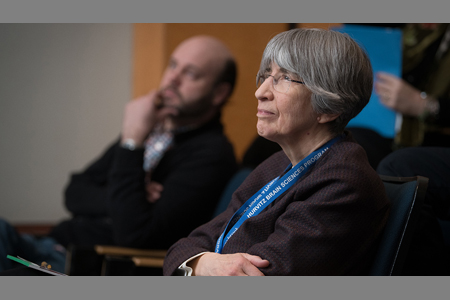
This Alzheimer’s Awareness Month, Dr. Sandra Black, director of the Dr. Sandra Black Centre for Brain Resilience & Recovery at Sunnybrook, joined the airwaves on Global News Radio Toronto, to discuss the latest advances in Alzheimer’s disease research, in addition to ways that people can help protect their brains day-to-day, including getting proper sleep and engaging in physical activity.
From: https://sunnybrook.ca/research/media/item.asp?c=10&i=2401
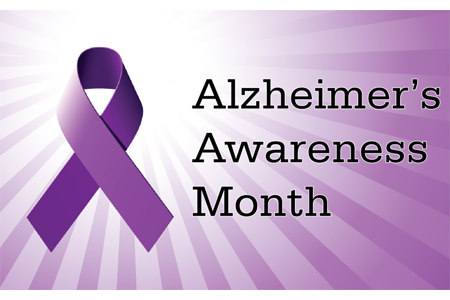
Congratulations to Dr. Sandra Black, internationally renowned cognitive and stroke neurologist, and scientific director of the Dr. Sandra Black Centre for Brain Resilience and Recovery at Sunnybrook Health Sciences Centre, who has received a Lifetime Achievement Award from the Society for Behavioral and Cognitive Neurology (SBCN). The SBCN is an affiliate society of the American Academy of Neurology. Each year SBCN recognizes outstanding leaders and their contributions to the field of behavioural neurology. “I am quite touched by this honour and grateful to the SBCN for this recognition,” says Dr. Black. “I am also humbled to be included among the SBCN’s esteemed group of Lifetime Achievement Award recipients.” Dr. Black is a cognitive and stroke neurologist at Sunnybrook, senior scientist and research director of the Hurvitz Brain Sciences Program at Sunnybrook Research Institute and professor of medicine (Neurology) at the University of Toronto. She is the inaugural director of the Dr. Sandra Black Centre for Brain Resilience and Recovery, which was recently launched in September 2020. She continues to be a mentor for numerous young faculty and supervisor of 40 graduate students and 48 post-doctoral clinical and research fellows. Over the years, Dr. Black has received several mentorship awards. Dr. Black received the SBCN’s Lifetime Achievement Award at an online ceremony on December 3, 2020.
From: https://sunnybrook.ca/media/item.asp?c=1&i=2250&f=sandra-black-lifetime-achievement-award
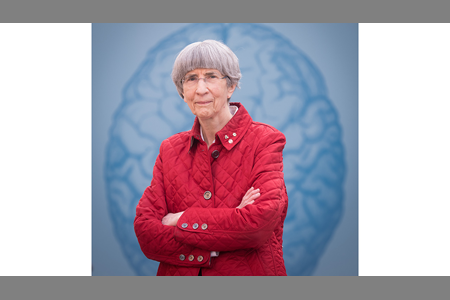
Dr. Sandra Black gave a talk at INS (Internatinoal Neuropsychological Society) at a Symposium in honour of Don Stuss, on February 7 2020 in Denver, Colorado. The talk was titled “Brain-behavior relationships of White Matter Hyperintensities in aging and dementia: why location matters”.
From: https://www.the-ins.org/
Dr. Sandra Black gave lecture to MD Students in Graduate Diploma in Health Research Program on the topic entitled “Biomarkers and Biologicals for Dementia: Are we ready and can we afford Precision Medicine”.
From: https://www.utoronto.ca/
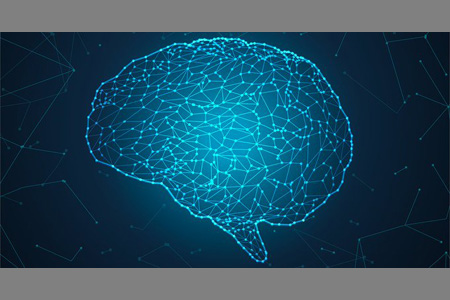
In recognition of Alzheimer’s Awareness Month, the Canadian Consortium on Neurodegeneration in Aging (CCNA) has organized a public event in Toronto on January 23, 2020, from 6-8:30 pm , titled “Supporting Brain Health in Later Life: What the Research Tells Us”. Our Dr. Sandra Black gave a presentation on the topic entitled “The Heart Brain Connection”. For the main event, CCNA researchers will speak on particular aspects of supporting brain health: Dr. Howard Chertkow will start things off by giving an overview of CCNA and the topic of the evening. This will be followed by Dr. Jennifer Campos and Ms. Marilyn Reed presenting on the link between hearing and cognition. Dr. Nicole Anderson will then present on the importance social engagement, and Dr. Sandra Black will present on the heart-brain connection. A discussion period will follow where the attendees will be invited to ask questions about the presentations or what is on their minds about brain health.
From: https://ccna-ccnv.ca/news/ccna-public-event-in-toronto-january-23-2020-toronto-reference-library/
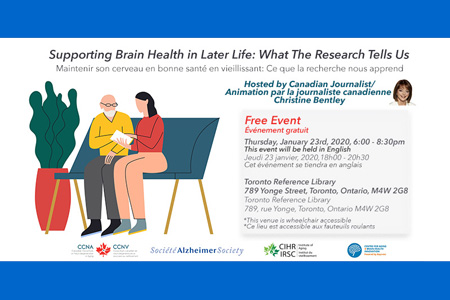
Retreat showcases the best in brain sciences at Sunnybrook Research Institute. Dr. Sandra Black, senior scientist and director of the Hurvitz Brain Science Research Program, heralded the research retreat on Jan. 9, 2020 a “fantastic” success. The theme of the day-long event, hosted by the Hurvitz Brain Sciences Research Program, which is directed by senior scientist Dr. Sandra Black, was “Circuits and Circulation Across the Lifespan.” Scientists discussed their findings on fields including neurology, brain imaging, neurobiology, dementia, stroke, psychiatry, and hearing and vision sciences, among others. At 17 talks, the day was overflowing with the sharing of knowledge. During lunch, there was a poster session, where scores of trainees—wall to wall in the adjacent auditorium—presented their research to curious onlookers. High-school students from the Toronto District School Board judged the posters, awarding prizes for the best research.
From: https://sunnybrook.ca/media/item.asp?c=2&i=2036&f=brain-sciences-research-retreat
